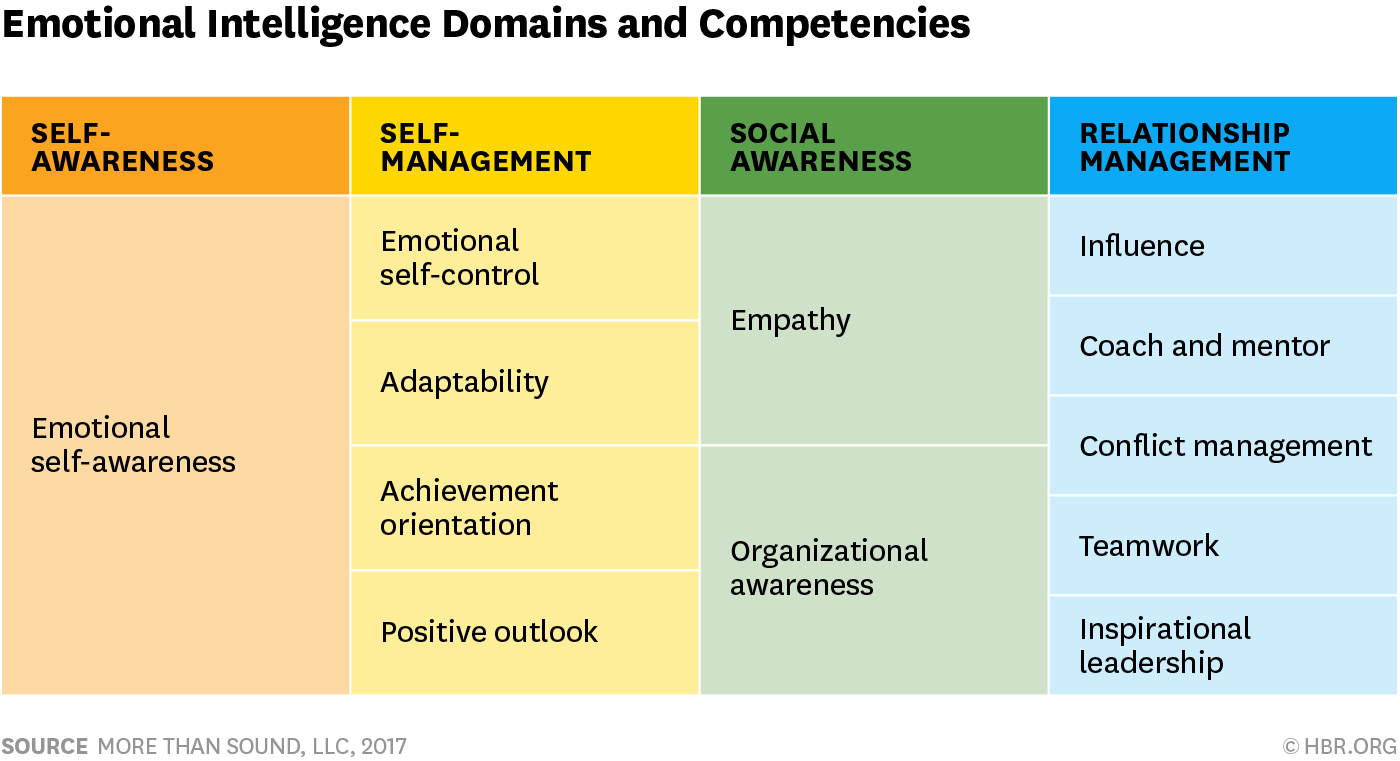We all love to work with people we get along. Great teamwork is the result empathizing with our colleagues. Turns out we can learn the skills that can help us create a more enjoyable work environment. The key here is emotional intelligence. But what is emotional intelligence and how does one harness the power of emotional intelligence in design practices?
Importance of Emotional Intelligence in Design Business
Emotional intelligence is not just popularity; it is so much more. In simple terms it is the ability to monitor you and your peer’s emotions. From an experts’ point of view, it is the ability to monitor emotions, distinguish between them and use them to guide your behavior. In design consultancies emotional intelligence becomes key to workers’ happiness. The great thing is that emotional intelligence skills can be learned easily.
The path to emotional intelligence lies in;
- Understanding yourself.
- Turning bad situations into good ones.
- Thinking of others.
- Using opportunities to improve.

In design consultancies the default mode of work is teamwork. Teamwork relies on healthy interactions. These interactions flourish when members sense and utilize emotions for the group’s benefit. In other words, design consultancies thrive when members are emotionally intelligent.
Unlike IQ, EQ is like a muscle, it can be trained. Once you start practicing you will become more emotionally intelligent. So, how do you and members of your team become emotionally intelligent? First you must understand the large sphere of emotional intelligence. Experts divide emotional intelligence into four domains for easier understanding. Here are the four domains we can all work on: self-awareness, self-management, social awareness and relationship management.

Self-Awareness
Being in touch with your emotions is the first step for understanding yourself. If you are self-aware you will make use of your strengths. More importantly you will work your weaker points. This is a critical skill for designers. All members have things they can learn from each other. Self-awareness and good communication will allow team members to enrich one another. Moreover, self-aware people view events from multiple points of view. This helps them judge situations more objectively and mediate between team members.
Work is an excellent place to raise self-awareness as your team members are great sources of honest opinions.
Self-Management
Self-management is actually four diverse skills called emotional self-control, adaptability, achievement orientation and positive outlook. Self-control is synonymous with emotional self-discipline. It is the skill of displaying the right emotions at the right time. Most of the times a suitable emotion to display in the studio is a positive outlook. It will motivate your team members to create exceptional projects. In addition to a positive outlook, achievement orientation necessary for your team to attain excellence. For your team to excel a peaceful work place is necessary. And the key to pleasant work environments is adaptability. Adaptability will allow you to meet the needs of your team members.
Office hours provide the perfect time to practice your self-management skills as unexpected situations arise almost every hour of every day.
Social Awareness
Social Awareness is all about empathy and group awareness. Empathizing helps us understand our group members’ feelings and connect with them. We learn to respect one and another’s emotional landscapes. Yet, navigating a through coworker’s emotional landscape can be hard. In such situations organizational awareness comes in handy. The ability to read emotions of a group is called organizational awareness.
Offices with teams is a great place to develop social awareness. In offices team members can learn to recognize each other’s moods and reactions which can minimize social tension, maximize clear communication.
Relationship Management
Your team will appreciate relationship management in the workplace. Clear roles which individuals can grow into will help them develop necessary character traits. The main skills of relationship management are grouped under leadership, coaching and mentoring, conflict management and teamwork. Leadership skills compromise of creating a committed team. Whereas coaching and mentoring skills allow you to maintain a constructive relationship with your coworkers. Teamwork and management skills go hand in hand, the road to achieve these skills both pass from restraining impulses and finding solutions which work for the entire office. When all members of your team are able to manage relationships to a level, businesses thrive.
Learning to exhibit emotionally intelligent skills in situations makes daily interactions easy to handle. Work will become an incredibly enjoyable environment when we employ self-awareness, self-management, social awareness and relationship management.
If you too are looking to work with a design consultancy who has internalized the key domains of emotional intelligence Arman Design is the right match for you.
 Primitive Use of Artificial Intelligence: A Look from Past to Present
Primitive Use of Artificial Intelligence: A Look from Past to Present  The Future of Medical Design
The Future of Medical Design  A Night Full of Prizes: Celebrating 4 Wins at iF Design Awards 2023
A Night Full of Prizes: Celebrating 4 Wins at iF Design Awards 2023